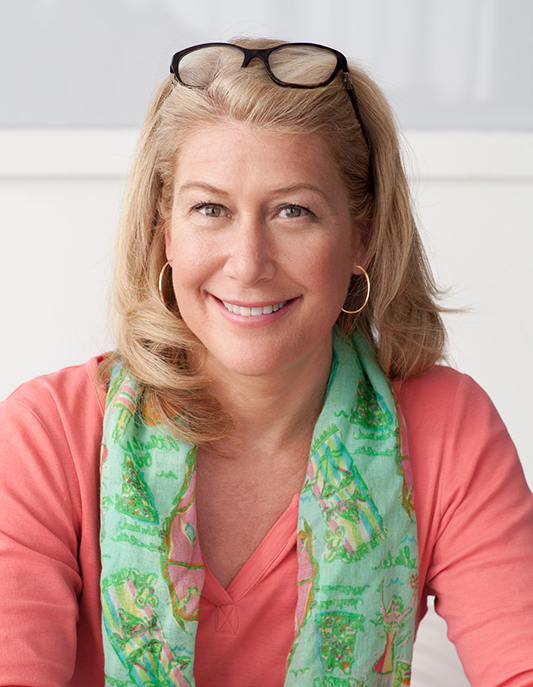When hundreds of educators, philanthropists and nonprofit representatives gathered at Teachers College last November for “The Next Wave in K-12 Education: The Spiritual Core of the Whole Child,” a conference on spirituality in education organized by the Collaborative for Spirituality in Education, National Public Radio’s “Here and Now” host Robin Young was on the scene. The Collaborative was created to spearhead a global movement based on the idea that children are innately spiritual and benefit from exploring spirituality at school.
Young, who moderated a panel at the conference, interviewed Lisa Miller, Professor of Psychology and Education, and other participants for a “Here and Now” segment that aired on January 20 as part of a series on secular spirituality.
“Spirituality is not religion per se,” says Miller, president of the Collaborative for Spirituality in Education, but a “deep way of being, through which we feel connected to all life, with awe and reverence for the mystery of being. Spirituality is in everyone. While spirituality is embraced by religion for many people, for other people it is found in nature, relationships or in art and music.”
Miller explains that scientific studies have shown that having a strong spiritual core can protect adolescents against depression, substance abuse and risk-taking. Our capacity for spirituality is “one-third heritable and two-thirds socialized,” which means that parents, schools and communities have a big role to play in cultivating a child’s spirituality, she says.

Lisa Miller, Professor of Psychology & Education (Photo: TC Archives)
While most educational efforts are done through curriculum, Miller says the spirituality in education movement is about infusing a school’s culture with spiritual principles that inform the way students and educators relate to and treat one another -- something Miller calls the “unspoken curriculum.” She cites the philosopher John Dewey, a chief architect of Teachers College’s educational philosophy and world view at the turn of the 20th century, who said before we can have a political democracy, we must have a “spiritual or social democracy” where we learn how to speak to people with whom we disagree.
A recap of the conference, featuring videos of Miller and other headline speakers, are posted on the Collaborative website. They include:
- Steven C. Rockefeller, Middlebury College professor emeritus and former dean, who coordinated the drafting of the Earth Charter for the Earth Charter Commission and Earth Council.
- Timothy Shriver, co-founder and Chair of the Collaborative for Academic, Social and Emotional Learning (CASEL) and Chair of the International Board of Directors of Special Olympics
- University of Toronto education professor John (Jack) Miller, author of The Holistic Curriculum and editor of The International Handbook of Holistic Education
- A panel discussion led by Robin Young, including Mary Evelyn Tucker, Rabbi Judd Kruger Levingston, Sam Crowell and Walter Fluker
Sponsored by the Collaborative for Spirituality in Education, with its research hub based at Teachers College, and the National Council on Spirituality in Education, the national conference built on a 2015 conference convened by Miller, based on the belief that schools of all kinds – public, independent, charter and religious – have a critical role to play in fostering spiritual and moral development in young people. A sponsored project of Rockefeller Philanthropy Advisors, the Collaborative’s work also includes research, seminars, work on culture and climate in schools, and participation in the National Council on Spirituality in Education, which is building a national movement through conferences, training and outreach. The CSE Institute@TC is now welcoming applications from K-12 school teams of educators for a one-year intensive training program in leading a spiritually supportive school culture.
